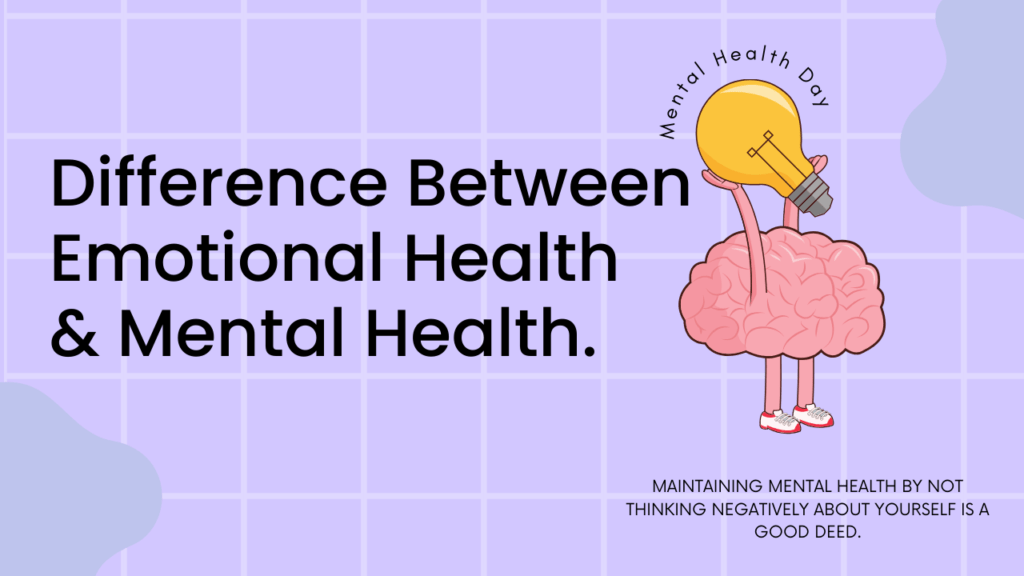Wondering who has the authority to prescribe medication for mental health concerns? The landscape of mental health care providers who can offer prescriptions might surprise you. While psychiatrists are often the go-to professionals for medication management, there are other healthcare providers with prescribing capabilities.
Primary care physicians, nurse practitioners, and physician assistants may also be involved in your mental health treatment plan. But, there’s more to this discussion than just who can write a prescription.
Stay tuned to uncover the nuances and considerations behind medication prescribing in mental health care.
Psychiatrists
When working with psychiatrists, it’s important to openly communicate your symptoms and concerns for an accurate diagnosis and appropriate medication treatment plan.
Your psychiatrist will rely on the information you provide to determine the best course of action for your mental health.
Be honest about how you’re feeling, any changes in your behavior, and the impact on your daily life.
Remember, psychiatrists are trained to listen without judgment and are there to help you feel better.
They may ask detailed questions to understand your situation fully, so try to answer as accurately as possible.
By working together with your psychiatrist, you can find the right medication and dosage that suits your needs.
Psychologists
Psychologists play an essential role in providing therapy and counseling to help individuals navigate their mental health challenges effectively.
While they can’t prescribe medication, psychologists are experts in understanding human behavior and emotions.
They employ various therapeutic techniques to support clients in managing conditions like anxiety, depression, and PTSD.
Through personalized treatment plans, psychologists help individuals develop coping strategies, improve communication skills, and enhance self-awareness.
Primary Care Physicians
Primary Care Physicians play a pivotal role in evaluating and managing patients’ overall health, including addressing mental health concerns.
When you visit your primary care physician with mental health issues, they can conduct assessments, provide counseling, and prescribe medications if necessary.
These physicians have a thorough understanding of your medical history, allowing them to take into account how mental health treatments may interact with other medications or conditions you have.
They’re equipped to initiate treatment for common mental health disorders like anxiety or depression.
However, if your condition is complex or doesn’t improve with initial treatment, they may refer you to a psychiatrist for specialized care.
Developing a trusting relationship with your primary care physician can help ensure your mental health needs are met effectively.
Nurse Practitioners
As a patient seeking mental health treatment, understanding Nurse Practitioners’ authority and prescribing scope limits is essential.
Nurse Practitioners play an important role in providing care, including prescribing medications for mental health conditions within their scope of practice.
It’s necessary to be aware of the regulations governing Nurse Practitioners’ prescription abilities to guarantee you receive safe and effective treatment.
Nurse Practitioners’ Authority
When considering the authority of Nurse Practitioners in prescribing medication for mental health, it’s important to understand the scope of their training and responsibilities.
Nurse Practitioners undergo extensive education and training, often at the graduate level, specializing in various fields including psychiatric-mental health.
They’re trained to assess, diagnose, and treat individuals with mental health conditions, which includes prescribing medication when necessary.
Nurse Practitioners work collaboratively with other healthcare professionals to provide holistic care to patients.
Their authority to prescribe medication is regulated by state laws and governed by professional practice standards.
Nurse Practitioners play a vital role in addressing mental health needs, offering a caring and thorough approach to medication management within their scope of practice.
Prescribing Scope Limits
Understanding the limitations of prescribing scope for Nurse Practitioners is essential for ensuring safe and effective patient care in the field of mental health treatment.
While Nurse Practitioners play a vital role in providing mental health care, their prescribing authority is subject to regulations that vary by state.
To give you a clearer picture, let’s check into the key aspects of prescribing scope for Nurse Practitioners:
| Prescribing Scope Limits for Nurse Practitioners |
|---|
| 1. Controlled Substances |
| 2. Independent Prescriptive Authority |
| 3. Collaborative Agreements |
| 4. Continuing Education Requirements |
| 5. Oversight by Supervising Physician |
Psychiatric Nurse Practitioners
Psychiatric Nurse Practitioners play an essential role in the holistic care of individuals with mental health conditions by providing specialized treatment and support.
These professionals are highly trained to assess, diagnose, and manage various mental health disorders.
Here are three key aspects of the role of Psychiatric Nurse Practitioners:
- Assessment: They conduct thorough evaluations to understand a patient’s mental health needs and develop personalized treatment plans.
- Medication Management: Psychiatric Nurse Practitioners are qualified to prescribe and monitor the effectiveness of psychiatric medications, making adjustments as necessary.
- Therapeutic Interventions: They offer counseling, support, and education to patients and families, promoting overall well-being and recovery.
Their expertise and compassionate care contribute significantly to enhancing the mental health outcomes of those they serve.
Clinical Pharmacists
Clinical Pharmacists play an important role in mental health care by providing expertise in medication management and ensuring safe and effective use of psychotropic medications.
These professionals work closely with patients and their healthcare providers to optimize treatment outcomes.
Clinical Pharmacists can conduct medication reviews, monitor for potential drug interactions, and educate individuals on how to take their medications correctly.
They collaborate with psychiatrists and other mental health professionals to tailor medication regimens to each patient’s specific needs.
By staying up-to-date on the latest research and guidelines, Clinical Pharmacists contribute valuable insights to the overall mental health treatment plan.
Their dedication to medication safety and efficacy makes them vital members of the mental health care team.
Telehealth Providers
Telehealth providers offer convenient and accessible mental health services through virtual platforms.
These professionals play an essential role in expanding access to mental health care.
Here’s how telehealth providers can help you:
- Virtual Consultations: Receive expert mental health assessments and medication management from the comfort of your home.
- Prescription Services: Telehealth providers can prescribe necessary medications for mental health conditions, ensuring continuity of care.
- Therapeutic Support: Benefit from therapy sessions and counseling via telehealth platforms, fostering emotional well-being and support.
Collaborative Care Teams
In the field of mental health care, the integration of collaborative care teams is vital for inclusive treatment and support.
When you seek help for mental health concerns, a collaborative care team typically consists of various professionals such as psychiatrists, therapists, social workers, and primary care physicians working together to provide thorough care.
Each team member brings a unique set of skills and expertise to the table, ensuring that you receive holistic treatment tailored to your specific needs.
Through regular communication and coordination, these teams can offer a more personalized approach to medication management and therapy.
Physician Assistants
When reflecting on the role of Physician Assistants in mental health care, it’s crucial to acknowledge their growing prescribing authority.
PAs collaborate closely with supervising physicians in shared care models to offer thorough treatment to individuals with mental health conditions.
Recognizing the critical role PAs have in medication management can improve patient access to timely and efficient mental health care.
PA Prescribing Authority
Physician Assistants possess the authority to prescribe medications for mental health conditions in certain states, expanding access to care for patients in need.
If you’re considering seeking help from a PA for your mental health needs, here’s what you should know:
- Qualifications: PAs undergo rigorous training and must work under the supervision of a licensed physician.
- Scope of Practice: While PAs can prescribe medication for mental health conditions, the specific drugs they can prescribe may vary depending on state regulations.
- Collaborative Approach: PAs often collaborate closely with physicians and other healthcare providers to ensure thorough and holistic care for patients.
Navigating the healthcare landscape can be overwhelming, but knowing that PAs can be a valuable resource in managing mental health conditions might help you make informed decisions about your care.
Collaborative Care Models
With a focus on thorough patient care, collaborative care models involving Physician Assistants play an essential role in addressing mental health needs effectively.
Physician Assistants (PAs) work closely with psychiatrists and other healthcare providers to offer all-encompassing care to individuals dealing with mental health issues.
PAs can conduct assessments, provide therapy, and prescribe medications under the supervision of a psychiatrist.
This collaborative approach ensures that patients receive timely and holistic care, combining medical expertise with personalized attention.
By working in tandem with psychiatrists, PAs contribute to improved access to mental health services and better outcomes for patients.
Their ability to offer a range of services within a collaborative framework enhances the overall quality of care provided to individuals struggling with mental health conditions.
Conclusion
When seeking medication for mental health, remember that psychiatrists, primary care physicians, nurse practitioners, physician assistants, and other qualified professionals are available to help.
It’s important to work closely with your healthcare team to find the right treatment plan for your individual needs.
Don’t hesitate to reach out for support and guidance on your journey towards mental wellness.

